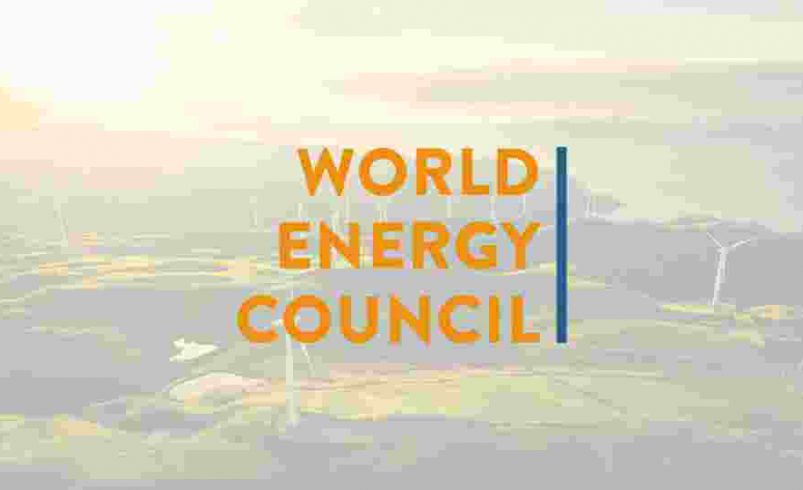PH must balance energy security and industrial edge —WEC exec
- August 6, 2025
- 0

The Philippines must integrate long-term economic development planning with energy strategy to ensure future availability of power, said Naomi Hirose, Chair of Impact at the World Energy Council (WEC), during a sustainability talk hosted by Aboitiz Power Corporation.
“The government needs to have a clear picture of the country and how the country will develop in the future,” Hirose emphasized. “In the Philippines’ case, [it should be asked] how it would develop economically so that the kind of energy needed in the future [is planned out].”
A former President and CEO of the Tokyo Electric Power Company, Hirose underscored that energy transitions take decades, not years. “That’s why governments should have a clear plan for the next 20 to 30 years, then monitor how you achieve that.”
Hirose noted that while the energy trilemma—security, equity, and sustainability—continues to guide energy decisions, a fourth dimension has emerged: industrial competitiveness. “As the price competitiveness of Chinese products is intensifying in many countries and with the new Trump administration in power, many countries are turning inward to maintain and strengthen the competitiveness of their own industries,” he said.
He added, “Many countries, including Japan, are trying to strengthen the competitiveness of products essential to the energy transition, such as solar panels, and at the same time trying to protect their domestic industries by invoking border policies.”
Hirose pointed out that energy security, in particular, should remain a top priority for the Philippines given its archipelagic geography and reliance on imports. “The most important part that the Philippines should focus on is energy security,” he said. “There are people who still do not have good access to electric power. In order to address that problem, a decentralized power system for each island is an area the country should focus on.”
According to the 2023 World Energy Trilemma Index, the Philippines scored 56.9 out of 100 overall, with 59.3 in energy security, 49.4 in energy equity, and 64.4 in environmental sustainability.
Drawing from past global events, Hirose recalled how the 1973 oil crisis taught countries to diversify energy sources and import origins. “We’ve been changing the emphasis and shifting the priority of [the trilemma] in the past according to the situation,” he said.
“For example, expanding renewable energy improves sustainability and reduces CO2 emissions but can challenge supply reliability,” he explained, highlighting the need to navigate trade-offs between trilemma goals.
In Japan, Hirose noted that power supply expansion is on the agenda as demand from artificial intelligence and data centers grows.
What do you think of Hirose’s view on aligning industrial strategy with energy planning? Should the Philippines reframe its energy security goals to prepare for future demand? Let us know.
Follow Power Philippines on Facebook and LinkedIn or join our Viber community for more updates.